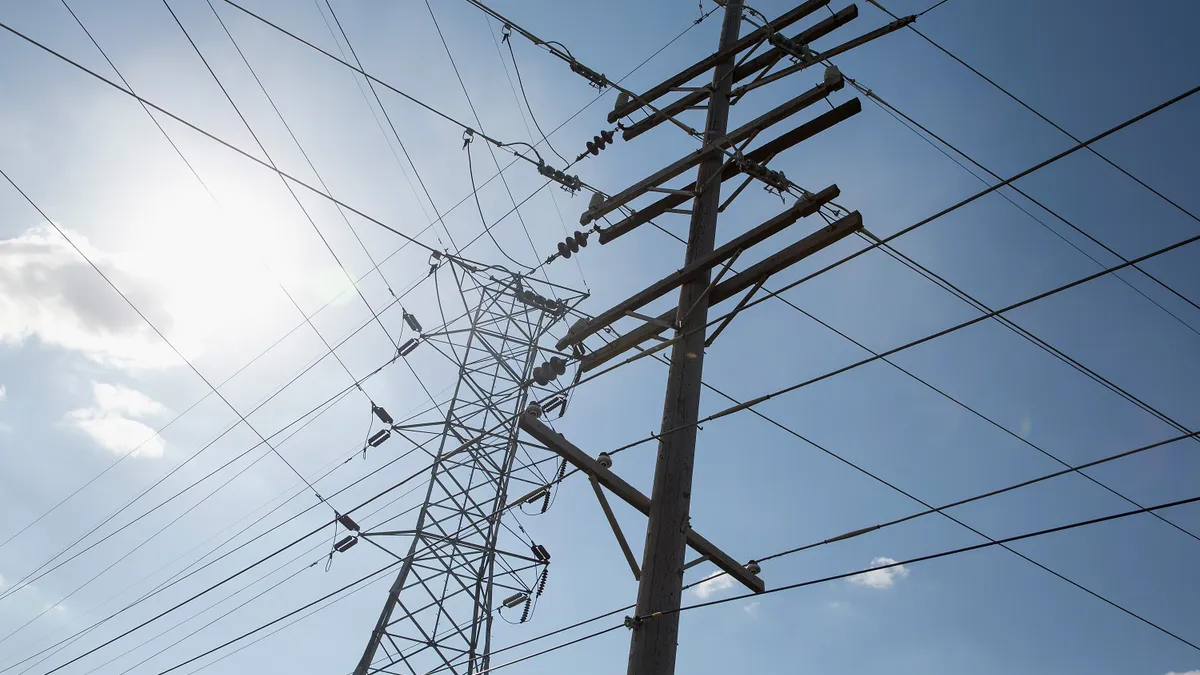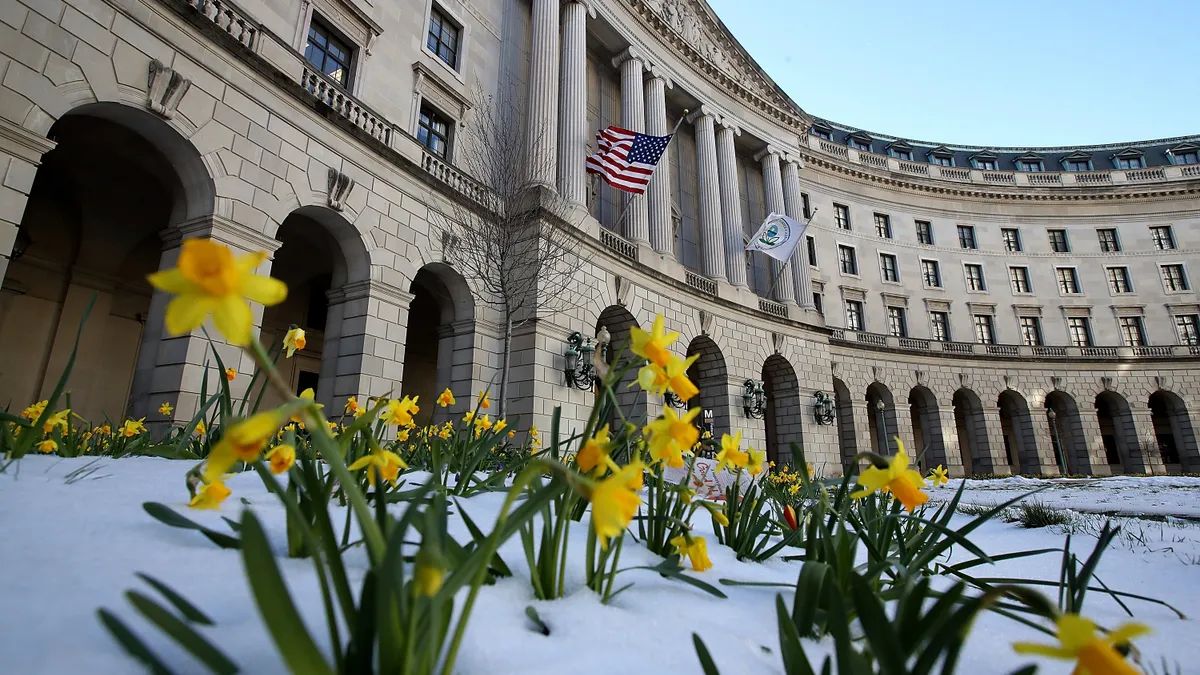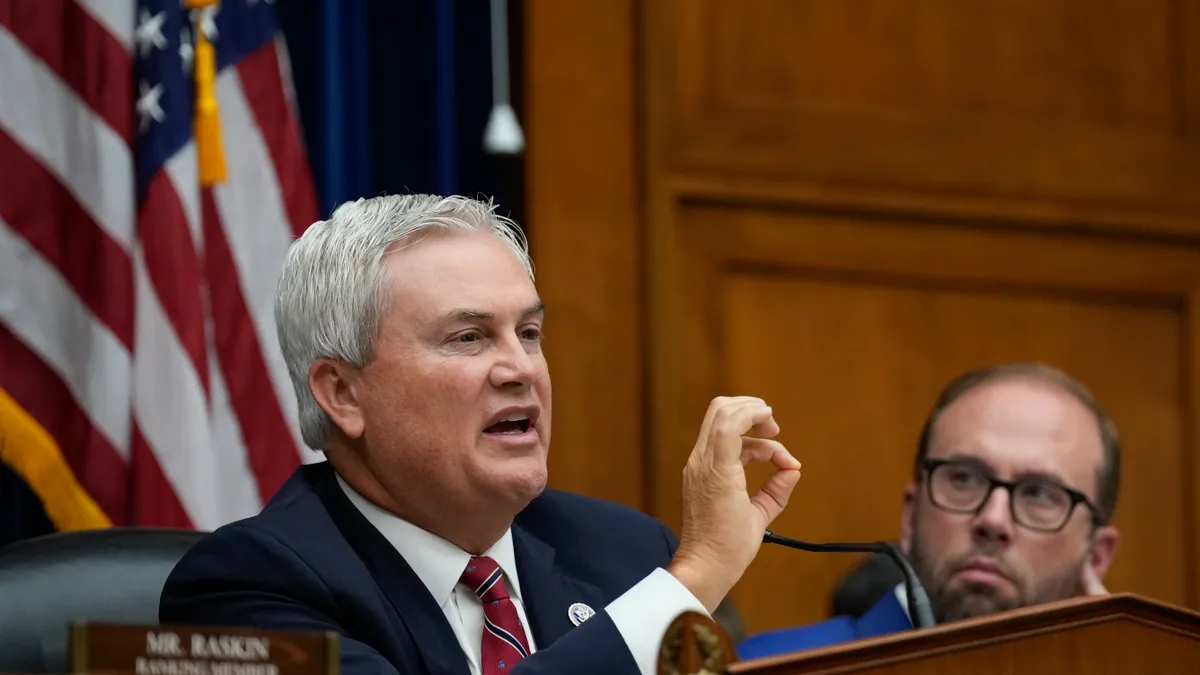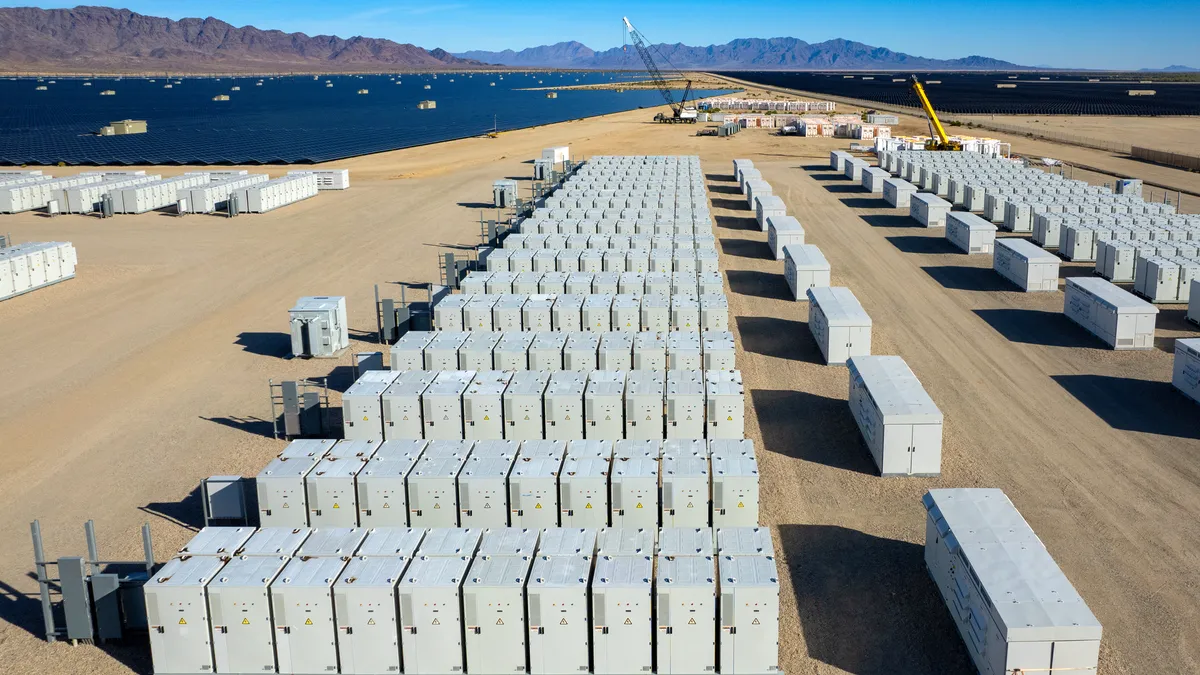The following is a contributed article by Stephanie Eyocko, an energy industry analyst at FERC, Alicia Brown, an energy analyst for the City of Savannah, Georgia, and Dugan Marieb, an energy policy specialist. All of them are former DOE Solar Fellows.
To date, 20 U.S. states and countless cities have enacted legislative or executive action to establish zero carbon electricity by 2050 or earlier. However, few states have done the deeper work of rooting out the many policy and process barriers to these goals. Rather, regulatory commissions are hampered by outdated statutes, lack of staff diversity, and misaligned legislative bodies that govern and fund them. It's clear: state public utility/ service commissions need to adapt to a world increasingly shaped by the climate crisis.
The hiring supply
As attention to the environment continues to grow, so does younger generations' awareness of how the climate crisis, pollution and regulation are intertwined. Typically, commission job descriptions and hiring teams prioritize lawyers, applicants with advanced degrees, and professionals who have experience in the industry they would then be tasked to regulate. These practices limit the pool of applicants, considering most entry-level positions at public service commissions require months of training — regardless of background. To that end, typical hiring practices are moot. Skill sets are as important as knowledge base; state-specific and industry specific information can be taught, if one can do the tasks and think critically.
Commissions can do something as small as changing the job title. As an example, changing the name of a position from "economist" to "analyst" could attract applicants with relevant degrees outside of economics and allow for a wider array of experiences. Steps like these should be part of a broader effort to keep work experience requirements from unfairly disqualifying applicants. This is especially true for entry-level positions where younger applicants find themselves in a Catch-22 of wanting to work in the industry but needing two years or more of experience to obtain an "entry-level" position.
Another key element is broadening the scope of acceptable ‘preferred' degrees and broadening the scope of ‘useful' degrees. With the ‘utility of the future,' needing cybersecurity and grid management expertise, commissions, in turn, will need specific expertise in how these tasks should be executed. Computer and data scientists on staff will become increasingly important in the coming years just like pipeline and electrical engineering experts have been. While in the past, applicants might solely have had degrees in disciplines such as economics, political science or engineering, there are now a multitude of new degrees specifically focused on our current issues such as climate modeling, energy management, environmental policy, power and energy systems, and sustainability that can be useful in the commission setting.
The way PUCs are operated and funded, both independently and by state legislatures, has largely remained the same for decades, making competitive hiring and solicitation of consistent consulting services difficult. In many states, PUCs are funded through fees or taxes paid by regulated utilities (e.g California, Colorado, Delaware). In other cases, fees are directed to the state's general fund and the PUC's budget is derived independently from the collected monies (e.g., Georgia, Kentucky). In a handful of states, funds are appropriated year by year through the state's general fund (e.g., Connecticut, Montana). Determination of staffing levels varies in similar ways, and in some cases, staffing levels are legislated even though budgets are not (e.g., Minnesota). As a result, funding across commissions vary, are often stagnant and in the long run, ratepayers bear the cost of inadequately financially equipped commissions.
To mitigate hiring costs, there are low to zero cost options to add new staff on a temporary basis through programs such as the DOE Solar Energy Innovators fellowship, which is supported by the U.S. Department of Energy, Office of Energy Efficiency & Renewable Energy, Solar Energy Technologies Office which supports early-stage research and development at public utility commissions, utilities and grid operators. To be proactive in inviting a broad pool of applicants, human resources departments and hiring managers should also actively advertise positions at local Historically Black Colleges and Universities and organizations with a specific directive on fostering a young, talented and diverse workforce.
An infusion of new, diverse talent has never been more needed as novel ideas can help commissions in their efforts on climate, affordability and reliability. In the absence of leadership from the state or federal legislature, commissions and their staff are best suited to create meaningful action for climate mitigation.
Redefining the public interest
As constitutional and statutory creations, commissions are bound by the parameters set by their legislatures. Though these parameters vary widely from state to state, they generally involve a charge to set "just and reasonable" rates and ensure access to safe, reliable and affordable energy.
In Georgia, for example, the legislature provides little guidance, vesting the commission with exclusive power to determine what is just and reasonable. In Mississippi, by contrast, the commission is governed by eight policy statements, which not only provide a detailed illustration of "just and reasonable" rates, but also provide charges to protect the monopoly status of regulated utilities and to provide a level of service that is necessary for the protection of public health, safety and general welfare.
Whether a commission has broad autonomy or a prescribed policy, commissions have discretion in the ratemaking process and generally have discretion to define what constitutes "affordable" and "reliable" energy. For example, is the levelized cost of energy, which measures average production costs over a project's lifetime, an adequate metric for determining affordability? Should factors like transmission impacts, fuel price volatility, and environmental risks be considered when assessing cost?
In an ideal world, legislatures would step up and redefine the responsibilities of their commissions to reflect our growing knowledge about climate risk, the environment, and public health. Absent legislation, commissions and their staffs must challenge the old paradigm and be the agent of change necessary to meet this moment. Climate change is going to continue to stress the system in new ways and resiliency investments, for example, can not only slow climate change by reducing emissions, but mitigate impacts. It is in the public interest of the ratepayer to have a better, more modern grid. This is a call for commissions to be the economic regulators, promoting the public interest, they were created to be.
The world ahead
The economic costs of criteria pollution and climate damage are real and well established. Yet they are treated as abstract and more difficult to quantify than costs that have repeatedly proven themselves to be uncertain, including construction and fuel costs.
These overlooked costs illustrate the need for new perspectives. When younger and more diverse voices are brought into the conversation, those people will prompt questions and make arguments that longer-tenured analysts might not consider. For example, the Mississippi PSC has a legislative charge to avoid "wasteful, uneconomic, and inefficient uses of energy." In the hands of a multi-disciplined staffer, that charge could be used to increase energy efficiency efforts, establish demand response programs, and support local energy development as alternatives to centralized power plants that are likely to become stranded assets.
Some states have begun to make these changes. In early 2021, the Colorado legislature approved SB 21-272, Measure to Modernize the Public Utilities Commission bill, which expands the commission's statutory directives regarding distributed generation of electricity. The bill also allocates up to $250,000 per year of the money that the PUC receives from the public utilities commission fixed utility fund for contracts with outside consultants and experts. Most recently, the Maryland General Assembly passed the Consideration of Climate and Labor Act which directs the state PSC to consider climate change in its regulation of all public service companies, including electric utilities, and to disclose project benefits to the local economy.
From the rural electrification efforts of the 1930s, to the conservation and fuel diversity efforts of the 1970s, energy policy has always changed to reflect current conditions, and states have generally led the charge. The time has come for states to step up again in response to a changing climate, and commissions must lead the way, with or without their legislatures behind them. The utility of the future is coming, will we forget the commissions?
The opinions expressed herein are solely those of Ms. Eyocko, Ms. Brown and Mr. Marieb. All views expressed in the article are our own and do not reflect the views of our respective employers.





















